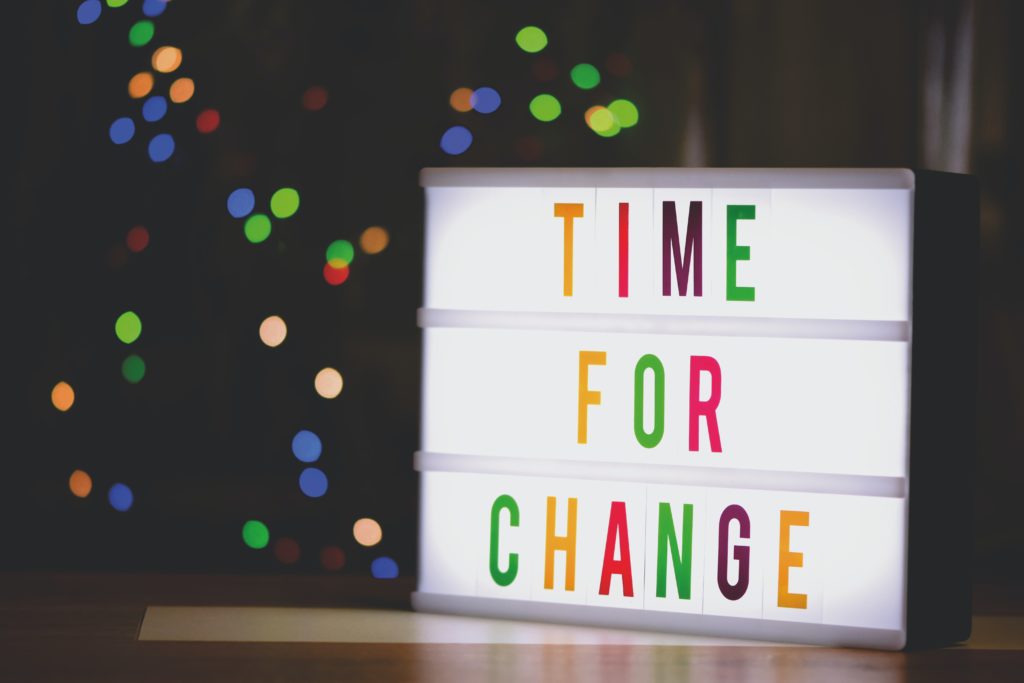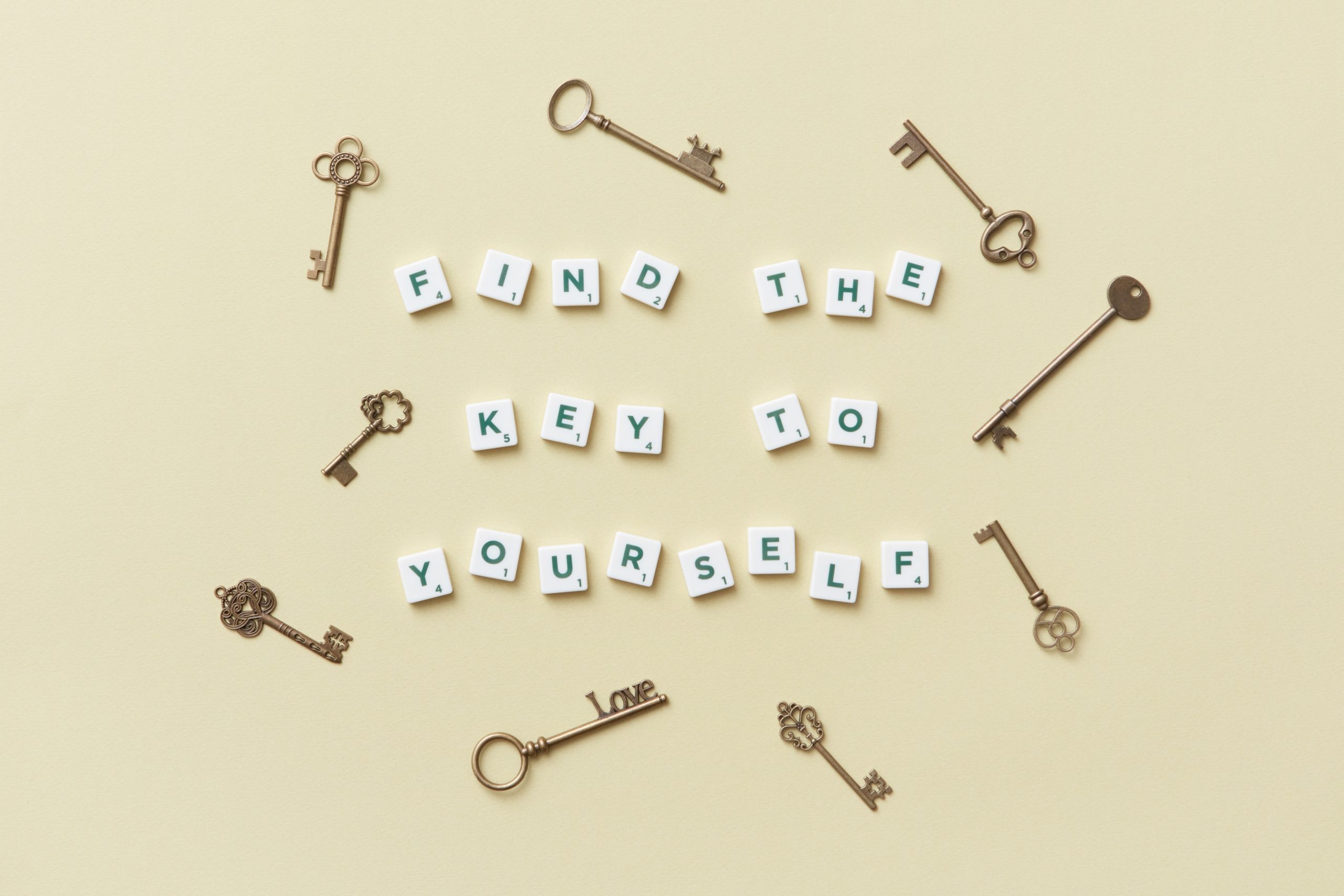Being self-aware is a great way to improve your relationships, the way you think, and even your physical health. Here are some tips on how you can become more self-aware:
Reflect on your behavior.

Self-awareness is the ability to recognize your own behaviors and emotions, as well as those of others. If you want to improve your self-awareness, consider the following:
- How often do I meet people who make me feel uncomfortable?
- What does their behavior say about them?
- Does it make me wonder if they judge me unfairly or look down on me because of my age or gender?
- Do I find myself wanting to avoid them at all costs (even if it means not talking)?
This can be an indication that there’s something wrong with the way our brains work when we interact with certain individuals—even though we may not know exactly why this happens yet. It’s important that we learn how our bodies respond in certain situations to recognize what causes these reactions in ourselves before they become habitual patterns that affect every aspect of our lives negatively.
Watch your emotions.

Emotions are a part of life, and they can be good or bad. They help us to understand our emotions and how we feel about things. We may feel angry because someone hurt us or made fun of us; we might cry when we’re sad or joyful when something good happens.
Emotions are also important for thinking clearly about things like whether or not someone should be trusted—or maybe even whether he/she should keep working after making mistakes at work! The lesson here is that while emotions often lead us astray during certain times in life, like telling ourselves lies, they can also help guide us toward better decisions later on down the line.
Listen to others and be open to advise.

Listening is a learned skill, and it’s important to practice. When you hear something that makes you feel uncomfortable or that doesn’t align with what your own experience has been, don’t just dismiss the idea as nonsense. Instead, listen for the underlying message behind what someone else says and try to understand where they’re coming from before dismissing their words out of hand.
The same goes for advice; when someone gives you advice on how to improve yourself as an individual or as part of a group, don’t automatically assume that their advice is wrong just because it doesn’t seem like something that would apply in your situation.
For example: “It’s important for everyone at work to have good relationships with each other so we can help each other out,” might sound like common sense but could actually be referring specifically to one coworker who was having difficulty making friends with his coworkers because they did not share similar interests or backgrounds!
Remember that you can change how you act.

You might be thinking, “I have a lot of bad habits and don’t know how to fix them.” But if you think back on all the times you were able to break through your old patterns, it was because of something else entirely—a new belief, or maybe a new attitude, or even a new habit like exercise or meditation. The key is having the self-awareness to notice when one of these things has changed in your life and then figure out what caused it and why.
This ability for self-awareness will help improve every aspect of your life: not just relationships but also work performance at work; not just personal relationships but also professional ones with clients and colleagues alike; not just physical health but mental health as well!
Watch yourself, others, and your own emotions.

Self-awareness is a skill that can be learned. The more you practice it, the better you’ll become at being aware of your own actions and reactions.
Being self-aware helps you understand yourself better, which in turn helps you make informed decisions about what is important to you, where your energy should be focused, and how much effort should go into achieving your goals. It also gives us an opportunity for personal growth by teaching us how to deal with difficult situations such as conflict or disappointment in others – especially those closest to us!
We hope that this blog has helped you understand more about how you can be self-aware of yourself, your emotions, and others.
Remember that there is always time to change your behavior or the way in which you react to situations. The best thing about this concept is that it doesn’t take much effort at all! All we need to do is reflect on our actions and watch ourselves carefully; then we’ll know what we should do next time around!
One Belief Organization is an organization that educates on mental health awareness, self-awareness, mindfulness, and self-care. One belief organization speaks at schools about the following:
mental health, mental health awareness, mental health matters, mental health advocate, mental health videos, self-awareness,self-care,self-care Sunday mental health is important, mental health is great wealth, youth, youth motivation, youth motivational speaker, mental health tips, mental health support meditation

View comments
+ Leave a comment